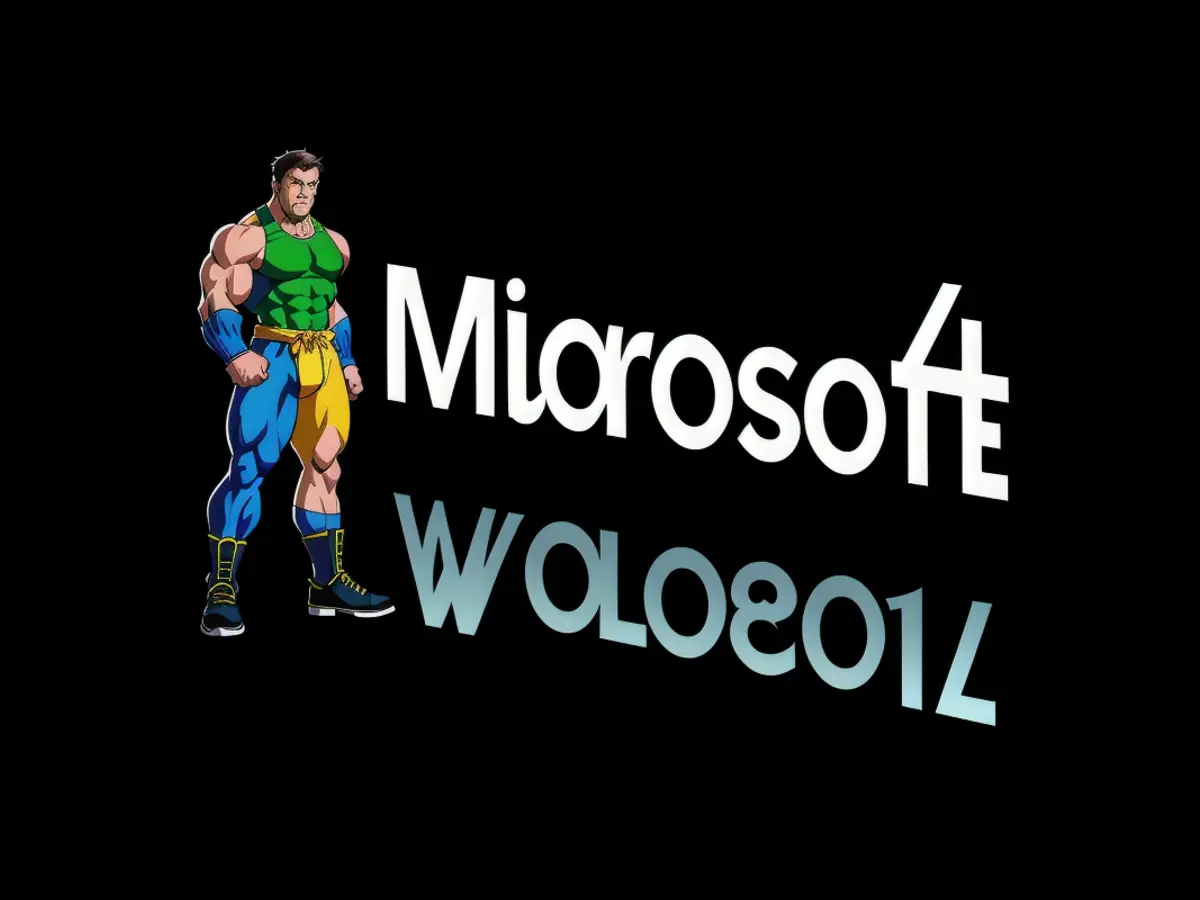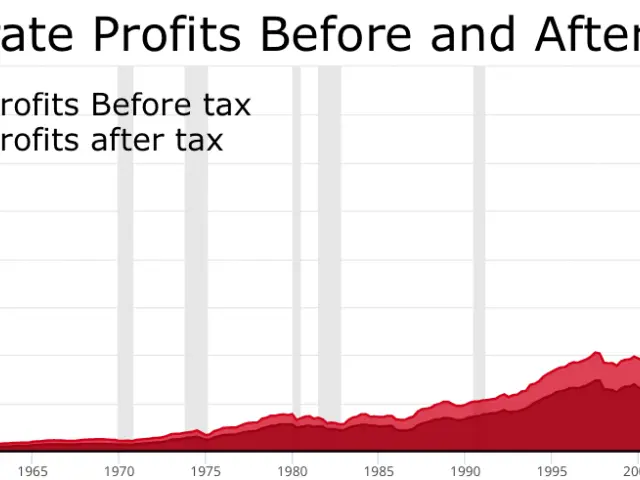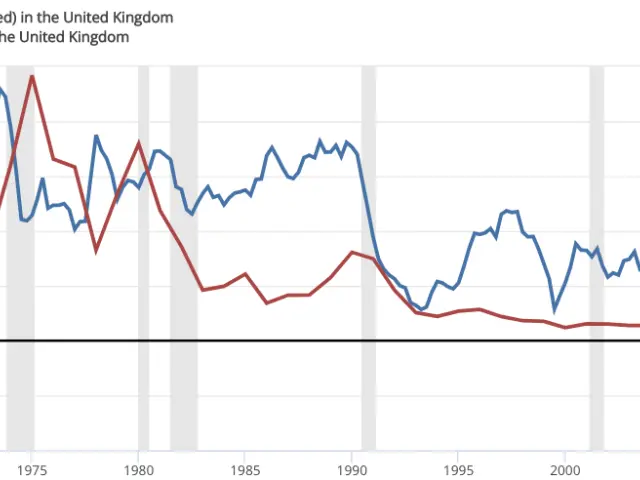Wealthy tycoon Bill Gates houses a significant 66% of his foundation's substantial $44 billion investment portfolio in three remarkable stock selections.
Bill Gates, the co-founder of Microsoft, would have a staggering fortune worth over $1 trillion today if he hadn't parted ways with a single share of his 45% stake in the tech giant post its 1986 IPO. Over the past 39 years, Gates has strategically sold off shares of the company to diversify his investments and donate a substantial portion of his wealth to charitable causes.
The majority of his philanthropic contributions go to the Bill & Melinda Gates Foundation, whose mission is to improve global healthcare and combat poverty. Warren Buffett, another billionaire, has been a regular contributor since 2006. Buffet served as a trustee until 2021 and often donates Berkshire Hathaway Class B shares.
The foundation's investment portfolio, totaling around $44 billion, is predominantly invested in only three stocks. Microsoft takes the lead, with about 29% of the portfolio's value, followed by Berkshire Hathaway with 23% and Waste Management at 15%.
Microsoft, Gates' brainchild, remains the largest holding in the foundation's trust, even though it was absent from the trust's portfolio disclosures between 2002 and 2017. Gates donated shares in 2000 and 2022, increasing the trust's stake significantly. The trust recently sold off a portion of these shares to fund its grants and operations.
Microsoft's focus on generative artificial intelligence (AI) and cloud computing has played a significant role in its growth trajectory in recent years. With early investments in OpenAI and strategic partnerships, Microsoft is positioned as a leader in the commercialization of AI products. This has resulted in record-breaking revenue growth and strong demand for AI services.
However, challenges such as slower cloud growth, high capital expenditures, and the need to effectively monetize AI products have also affected Microsoft's stock price and growth trajectory. Despite these hurdles, Microsoft's shares remain valued at around $417.28 per share, underscoring investor confidence in its future prospects.
Buffet's Berkshire Hathaway follows closely behind, with about 22 million shares valued at $10 billion. The foundation sells some of these shares before Buffet's annual donation, ensuring a substantial stake in the conglomerate. Berkshire's diversified portfolio, strong company performance, and high operating income have fueled its shares growth by 27% in 2024.
Waste Management, one of the longest-held stocks in the foundation's trust, makes up 15% of the portfolio's value. Despite being an "unexciting" business, Waste Management's dominant market position, pricing power, and substantial earning growth have resulted in a steadily increasing stock price.
In summary, Microsoft, Berkshire Hathaway, and Waste Management remain the cornerstones of the Bill & Melinda Gates Foundation's investment strategy. Each of these companies has faced challenges and opportunities in their respective domains, translating into fluctuations in their stock prices and growth trajectories. However, their inherent potential and market position have maintained their value within the foundation's trust.
- Given his past decision to sell off Microsoft shares to diversify his investments and donate to charity, it's likely that Bill Gates, as a billionaire, has his wealth spread across various finance segments.
- Depreciation in the tech sector or any other segment can impact the value of Microsoft shares, which form a significant portion of the Bill & Melinda Gates Foundation's investment portfolio worth around $44 billion.
- Investors, including billionaires like Warren Buffett, are likely to find value in Berkshire Hathaway shares due to the company's diversified portfolio, strong performance, and high operating income.
- Over time, the value of a billionaire's investments, such as Warren Buffett's Berkshire Hathaway shares, can increase significantly, as evidenced by Berkshire's shares growth by 27% in 2024.








